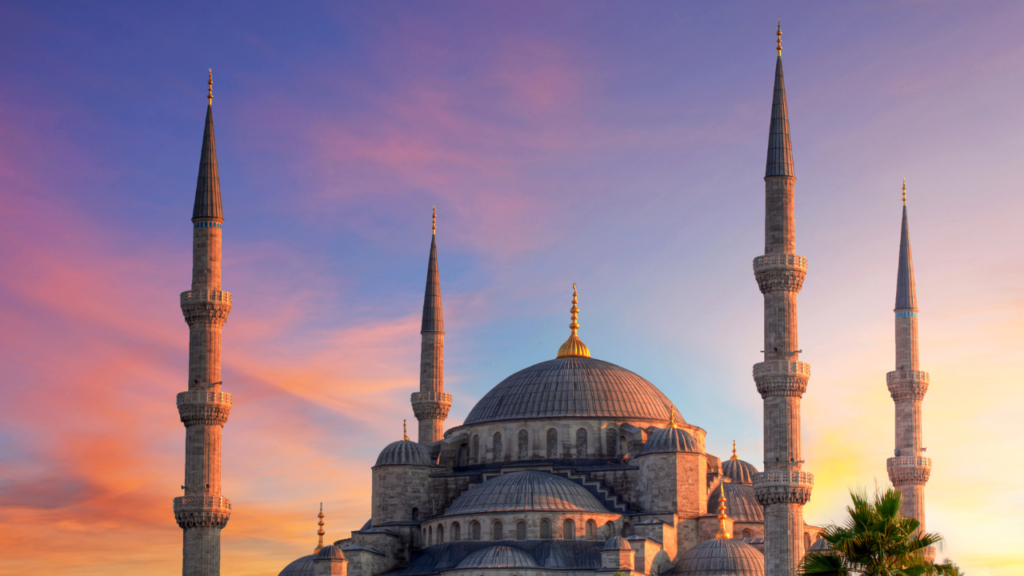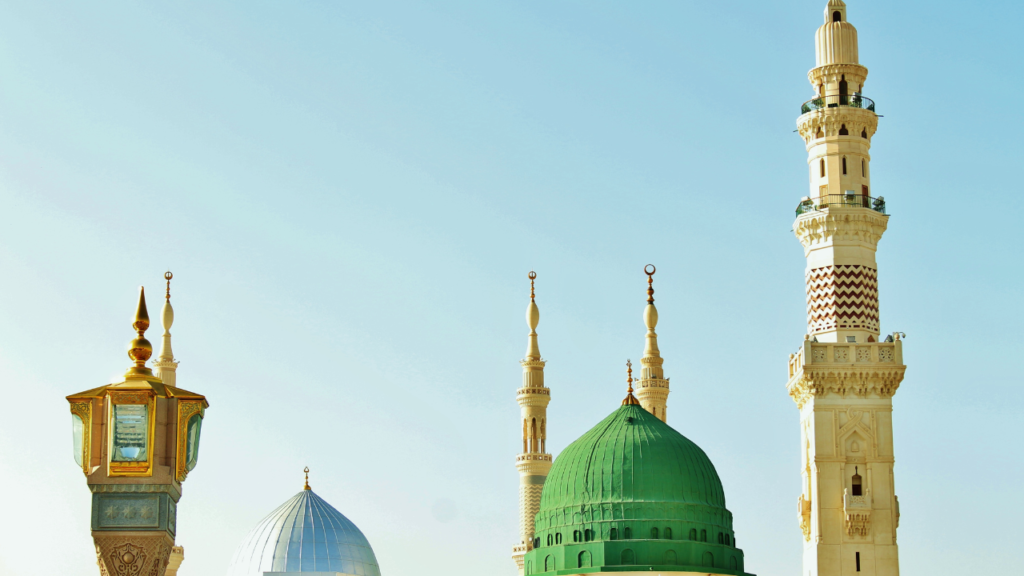What Is The Second Pillar Of Islam?
The Essence of Salah: Connecting with the Divine

What Is The Second Pillar Of Islam?
The second pillar of Islam is Salah, which refers to the act of performing prayers in accordance with Islamic tradition.

Introduction
The Five Pillars of Islam are the foundation upon which the faith of over 1.8 billion Muslims worldwide is built. These pillars serve as the core framework of religious practice and belief, guiding Muslims in their spiritual journey. The second pillar of Islam is known as Salah, which is the act of performing prayers in accordance with the Islamic tradition. Salah is not just a set of rituals; it is a deeply spiritual and transformative practice that connects Muslims with the Divine.
Understanding Salah
Salah, often referred to as “prayer” in English, is a central aspect of the Islamic faith. It is a daily act of worship that requires Muslims to perform a set of prescribed movements, recitations, and supplications facing the Kaaba in Mecca. These prayers are performed at specific times throughout the day and night, marking different phases of one’s daily life.
Salah is an expression of submission to Allah, the One God in Islam, and it serves several important purposes in the life of a Muslim:
- Spiritual Connection: Salah serves as a direct and intimate connection between a Muslim and Allah. It allows individuals to communicate with their Creator, seeking His guidance, forgiveness, and blessings.
- Remembrance of Allah: Through Salah, Muslims remember Allah and His countless blessings. It serves as a constant reminder of the importance of gratitude and humility.
- Discipline: Regularly performing Salah requires discipline and commitment. It teaches Muslims to prioritize their faith and spiritual growth in their daily lives.
- Community Bond: Congregational prayers, especially the Friday prayer (Jumu’ah), foster a sense of unity and brotherhood among Muslims. Praying alongside fellow believers strengthens the bonds of the community.
- Purification: Salah is a means of spiritual purification. Muslims believe that through prayer, they can seek forgiveness for their sins and strive for a clean and pure heart.
Also check.
- What Do Judaism Christianity and Islam Have In common?
- What Is The Third Pillar Of Islam?
- What Is The Fourth Pillar Of Islam?
- What is Islamism?
- What is Hadith?
The Rituals of Salah
Salah is comprised of a series of physical and verbal actions, including standing, bowing, prostrating, and sitting, all accompanied by specific recitations from the Quran. The five daily prayers are as follows:
- Fajr: The pre-dawn prayer.
- Dhuhr: The midday prayer.
- Asr: The afternoon prayer.
- Maghrib: The evening prayer, right after sunset.
- Isha: The night prayer.
Each of these prayers has a fixed number of units (rak’ahs) and specific recitations. While the obligatory prayers are performed five times a day, there are also voluntary prayers that can be offered at any time, providing an opportunity for additional spiritual connection.
Conclusion
Salah, the second pillar of Islam, is far more than a mere ritual; it is a profound act of worship that strengthens the faith, fosters spiritual growth, and connects Muslims with Allah. Through Salah, Muslims find solace, guidance, and a sense of purpose in their lives. It reminds them of their submission to the Divine and their commitment to live a life aligned with Islamic principles. As Muslims across the globe engage in these daily acts of devotion, they are united in their pursuit of spiritual growth and a deep connection with the Creator.

FAQs
What is the second pillar of Islam?
The second pillar of Islam is Salah, which refers to the act of performing prayers in accordance with Islamic tradition.
Why is Salah important in Islam?
Salah is essential in Islam as it serves as a direct connection between Muslims and Allah, fosters spiritual growth, and reinforces the importance of submission to God.
How many times a day do Muslims perform Salah?
Muslims perform Salah five times a day: Fajr (pre-dawn), Dhuhr (midday), Asr (afternoon), Maghrib (evening), and Isha (night).
What are the physical and verbal actions involved in Salah?
Salah involves various actions, including standing, bowing, prostrating, and sitting, accompanied by specific recitations from the Quran.
Can Muslims perform Salah at any time during the day?
While the obligatory daily prayers have specific times, Muslims can also engage in voluntary prayers (Sunnah and Nafl) at any time to seek additional spiritual connection.
What is the significance of facing the Kaaba in Mecca during Salah?
Facing the Kaaba symbolizes the unity of the Muslim Ummah (community) and signifies the direction towards which all Muslims turn during prayer.
What role does discipline play in Salah?
Salah requires regular commitment and discipline, teaching Muslims to prioritize their faith and incorporate it into their daily lives.
What is the difference between obligatory (Fard) and voluntary (Sunnah and Nafl) prayers in Islam?
Obligatory prayers are the five daily Salah, while voluntary prayers are additional acts of worship that Muslims can perform to earn extra rewards and seek closeness to Allah.
Can women and men perform Salah in the same congregation?
While men and women can pray together, it is more common for them to pray separately in most Islamic traditions to minimize distractions and maintain modesty.
What is the role of the Imam in congregational Salah?
The Imam leads the congregation in Salah, reciting aloud during some prayers and silently during others, while the congregation follows his lead.




